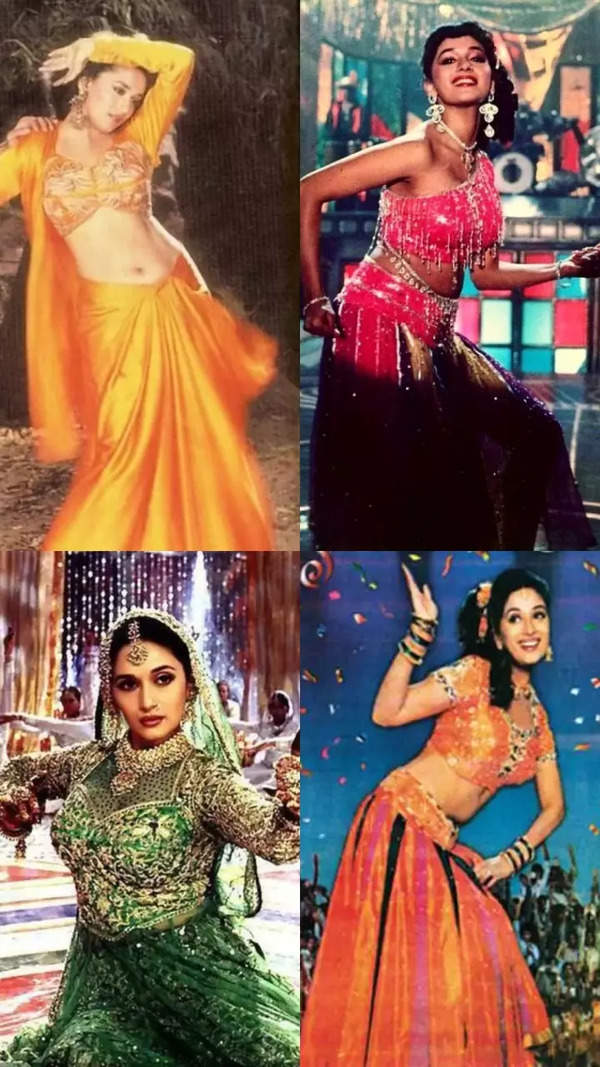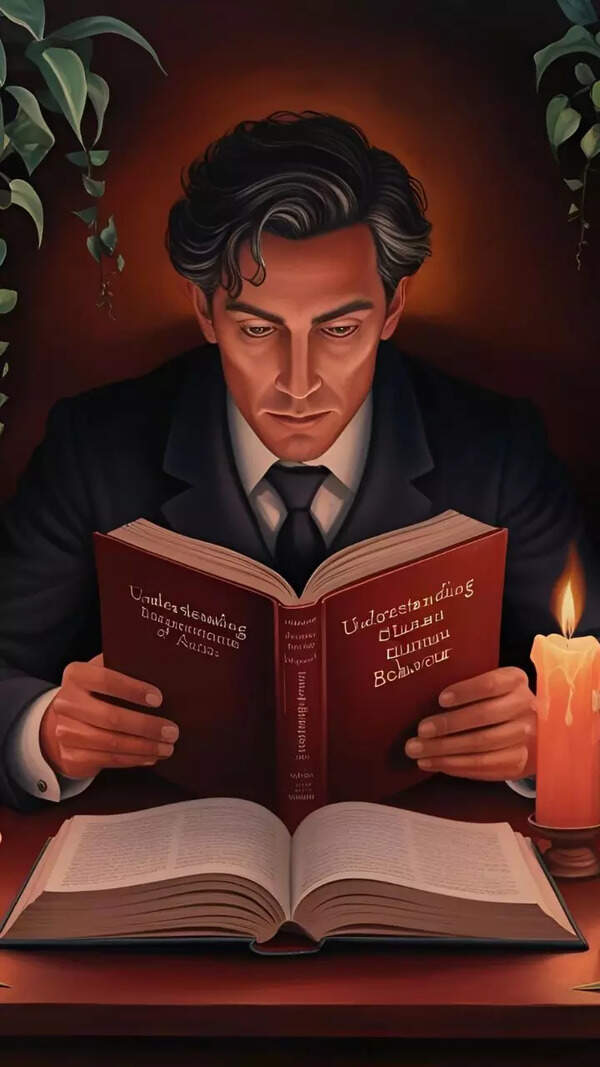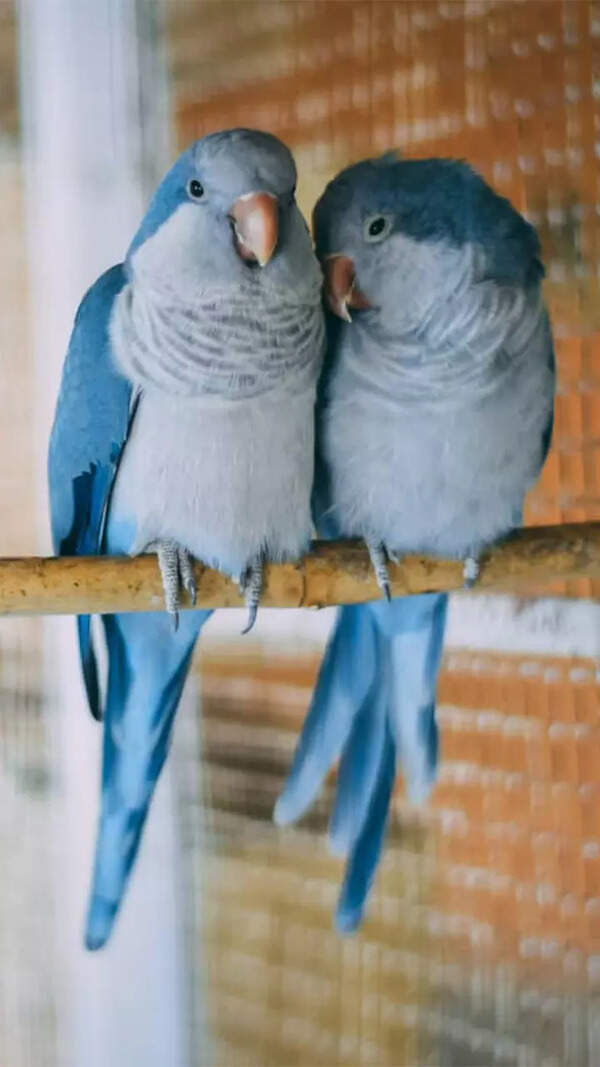- News
- lifestyle
- books
- interviews
- “I created my own genre called social thrillers and wrote about society, but in a thrilling way” says Vikas Swarup
Trending
“I created my own genre called social thrillers and wrote about society, but in a thrilling way” says Vikas Swarup
Vikas Swarup, the author behind 'Q&A', shares how his diplomatic career and the unique approach to storytelling influenced his writing. He discusses the significance of compelling plots, the impact of AI on literature, and offers advice to aspiring writers on discipline and originality.
Vikas Swarup, the master storyteller behind the internationally bestselling novel ‘Q&A’, which was adapted into "Slumdog Millionaire", has many feathers to his hat. He is a distinguished diplomat-turned-author, and his remarkable journey has taken not just him, but also his works to international space. Be it international relations, literature, or popular culture, Swarup’s mention can be found everywhere.
With a writing style that blends human relationships, societal norms, and the thrill of suspense, Swarup has captivated readers worldwide.
We caught up with Mr. Swarup for an exclusive interview, talking about his inspirations, storytelling, the age and implications of AI, and more, and here is what he had to say.
Excerpts –
So my primary motivation and inspiration for the book was that the show ‘Who Wants to Be Millionaire’ changed the whole format of a quiz show. Earlier, the quiz show was about the value of knowledge - How much do you know? How good is your memory? But then they changed it to, ‘Do you know the value of money?’
So, I thought that the best antidote to this crash commercialisation of the quiz show would be to set a story based around the quiz show, but one that is offering a billion rupees. It was the highest jackpot in the world and yet somebody who has had no formal education is the contestant. You know, somebody who has street knowledge as opposed to book knowledge, because I wanted to show that eventually the greatest teacher in the world is life itself.
Poll
Do you believe that a writer's profession outside of writing enhances their storytelling?
Question 2 – Between juggling life as a diplomat and as a writer, do you think your career in the foreign services somewhere inspired your writing?
Oh, absolutely. I have said this very often that it is because I had the security of the day job that I could create in my spare time. I was not dependent on the market for my creation. If I was a full-time writer, then I would write what the market wants me to write because that is my bread and butter. But because I had the security of a day job, I could take chances. I could take risks. When I was writing this novel, I had no expectation of success because I am not writing about exotic India. I am not writing about the India of yoga and parishes and Maharajas and elephants. I am writing about the underbelly of urban India.
Question 3 – During your tenure as an official, did you at any point feel that maybe if I was a full-time writer, I could do some more for my writing?
Well, I had already tried something totally new. Through literature, nobody had ever told a story through the medium of a quiz show before. So, that was the USP of the book. It was a new way of telling a story. And I could try that experiment because I had the security of the day job.
Question 4 - When you are writing your books, a recurrent theme is suspense, and thrill. There is something out of the box, and something completely new for the readers. When writing, what is your approach like?
So first and foremost, the most important thing for me is the story. If the story is not appealing, it cannot be anything. If the story does not grip people, it will not work. When I first set out to write, I wanted to write a pure thriller. But I discovered that Indian writers are not good at writing thrillers! I went to the local library in London, and asked for thriller books by Indian writers, I was told that we don’t have a single book written by an Indian writer, which is in the thriller genre. And that is when I read Vikram Seth, Arundhati Roy, Salman Rushdie, etc, and I discovered that not one of them has written a thriller, they have all written about society.
And I like to say that I created my own genre called social thrillers. I wrote about society, but in a thrilling way.
Question - What is your strategy to keep people hooked when writing a suspense or a thriller, especially for young readers.
The strategy is that you have to have a compelling plotline for the reader to want to find out what happens next. ‘Q&A’ begins with the character saying “I have been arrested for winning a quiz show.”
The second book was very natural. It’s a murder mystery, six people have been arrested with guns in their possession, and we see which one of them is the murderer. So there’s automatically a curiosity factor. And in the third novel, ‘The Accidental Apprentice’, it starts with the most bizarre proposal being made to a 23-year-old salesgirl - “I want to make you the CEO of my $10 billion company.” And the novel opens with Sapna in jail on charges of murder. So again, you are trying to figure out what is happening.
As the reader is spoiled for choice, I need to make them want to know what is happening next. And I’d share that for me, “Mother died today” was the inspiration. A simple line that captured so many emotions, and then saying “Or was it yesterday?”
Question - If you could revisit any of your books, or rewrite some parts, what would you change?
So for me, I don't revisit things. Once I finish the book, it is done and dusted for me. Once a book is done, it’s out into the world, it becomes a reader’s book and it is no longer mine. For example, some people in Singapore contacted me and said that on so and so page you have written something and my friend believes that you meant this, I believe you meant this, please solve this for us. And I said, I can’t because what your friend believes, what you believe, it’s entirely your perception and is your interpretation of my novel.
Once my book is done, I do not think ‘oh my God, if I had done this better, that better’. I finish a novel where I feel that’s the best version of the novel.
Question - What do you think about AI-generated chapters, AI-generated books, AI-generated art?
I think I am an outlier on this. Most people cry about AI and say ‘it is nonsense, AI can best be a helper, it can never replace humans’, but I believe the contrary. I think the way AI has improved leaps and bounds, is exceptional. Suppose you tell AI, ‘Please write me a very evocative and melancholic chapter on grief’. Now, AI knows which are the best passages ever written about grief. And it reads that and it finds out what are the words used to convey grief. And having scraped all the meditations on grief, it will now craft its own text on grief. So that’s the point I’m making, at the end of the day AI is scraping material that is already out there in the world and producing the best of all worlds.
Question – What is an advice or tip you would give to young and aspiring writers and readers both?
So my first tip is that you have to be a reader before you can be a writer. I’m meeting young people who have never heard of Fitzgerald, or Premchand, or Kushwant Singh, and they want to be writers because they believe that because they engage with text on Instagram and Facebook and know enough English to write. Unless you know the distinction between good writing and bad writing, you will not be able to craft good writing.To be a good writer, you have to first be a good reader.
Number two, tell a story that only you can tell. You have to bring something to the table which has never been brought before. The first thing about creativity is it has to be something unique and you should bring something new into the world, which has never been done before.
And the third thing is that you have to have the discipline to sit down and write. You have to believe in your ability first of all, and then you have to sit down and write because I always say this, you can edit even the crappiest writing, you know, you write something nonsense, you read it later on and you say, okay, this was not very good, but I can cut this out. Maybe I can salvage 20%. But you cannot edit a blank page.
And the fourth point is - Get your work peer-reviewed. You have to get an objective sense of what you have written because every writer feels that they have written the next thing worthy of a Pulitzer or a Booker Prize. But it might not read the same to everyone. So sit down with someone who has no vested interest in you or your work, and get their honest opinion.
End of Article
FOLLOW US ON SOCIAL MEDIA
Visual Stories
Tired of too many ads?










